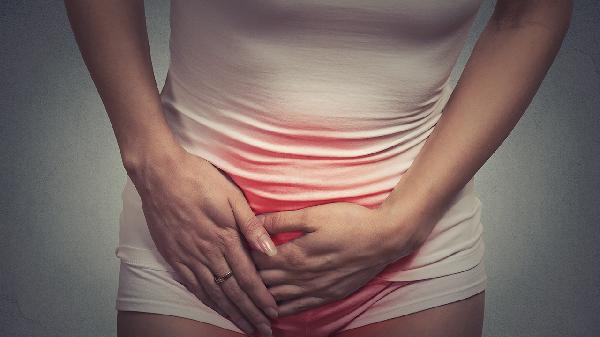Ectopic pregnancy refers to a condition where the fertilized egg implants outside the uterine cavity, with over 90% of cases being tubal ectopic pregnancies. Therefore, when people talk about ectopic pregnancy, they usually mean tubal pregnancy.
The main causes of ectopic pregnancy are as follows:
1. Chronic salpingitis: Inflammation causes adhesions in the fallopian tube lining, leading to narrowing of the tube and weakened peristalsis. This allows the egg to enter the fallopian tube for fertilization, but the fertilized egg cannot return to the uterine cavity.
2. Poor development or malformation of the fallopian tube, endometriosis, and tubal recanalization after ligation can hinder the movement of the fertilized egg, causing it to implant and develop in the fallopian tube.
3. Fallopian tube blockage, poor tubal patency, and compression or displacement of the tube by pelvic tumors can also obstruct the passage of the fertilized egg, leading to ectopic pregnancy.
Therefore, in cases of ectopic pregnancy, a salpingectomy may be necessary for treatment. If the mass is smaller than 3 cm, conservative treatment without surgery is possible. However, if the mass is larger or if the ectopic pregnancy ruptures and causes bleeding, removal of the fallopian tube is required. What are the consequences of removing the fallopian tube?

It is well known that the fallopian tube is a crucial pathway for conception. Once the fallopian tube is removed, it will significantly affect the movement of sperm and eggs, greatly reducing a woman's chance of getting pregnant. If one fallopian tube is removed and the other is normal, pregnancy is still possible, but the chances are halved. For women who have both fallopian tubes removed, natural conception is impossible, and they can only fulfill their reproductive needs through IVF (in vitro fertilization). Additionally, after a salpingectomy, it is essential to receive timely anti-inflammatory infusions to prevent gynecological infections. Patients should rest properly, maintain a balanced diet, avoid overly spicy foods, eat regularly, exercise moderately, and maintain personal hygiene to minimize harm.
























